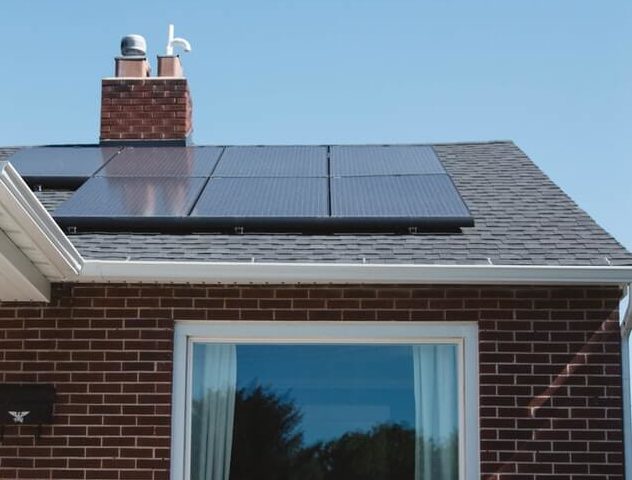VAT on home battery energy storage systems removed

The UK Government has announced an extension of the VAT relief scheme for energy-saving materials in residential buildings. It will now include battery energy storage systems (BESS) for domestic properties.
This decision aims to make it more affordable for homeowners to improve their energy efficiency and expenditure, in turn supporting the UK’s Net Zero goals.
Changes to Energy Saving Materials VAT Relief Scheme
In March 2022, the government announced tax incentives worth £280 million over a five-year period to improve energy efficiency of British homes. This included scrapping the VAT for domestic energy-saving materials and the installation of technologies such as solar panels, heat pumps and roof insulation.
While battery energy storage systems were included in the scheme, this was only the case if they were installed alongside other energy-saving materials that were already exempt. Following campaigns from members of the renewables industry, the government has agreed to expand the VAT relief to include more renewable technologies and associated works.
As of 1st February 2024, new changes to the scheme mean that retrofitted BESS are now tax exempt, along with water-source heat pumps and groundworks related to the installation of ground-source heat pumps. This will apply across Great Britain until 31st March 2027, when the tax rate will revert to 5%.
What is a battery energy storage system?
A battery energy storage system (BESS) is a type of technology that can store energy from different sources and discharge it as needed. BESS comprise one or more batteries and can be used to provide back-up power or balance the electric grid.
In a domestic setting, BESS allow homeowners to store energy produced by renewable technologies such as solar or wind. Renewable energy sources can be unpredictable, so it’s important to be able to store the energy generated so it can be used when it’s needed. As well as improving consistent energy availability, storage also prevents waste and drives down energy costs.
How can I benefit from the VAT relief scheme?
By removing the VAT from these technologies, the government hopes to reduce the cost of installation, increasing the uptake of renewable energy and heating technology in the UK. According to Chris Hewett, chief executive of Solar Energy UK, installing a battery energy storage system can double the savings offered by a home solar installation. This means long-term benefits for consumers, making the cost of low-carbon upgrades more affordable in the long term.
To benefit from the VAT relief scheme, homeowners must install eligible energy-saving materials between now and 31st March 2027, when rates are set to revert to 5%. However, as the government continues to support consumers in adopting cleaner energy to meet Net Zero targets, it’s possible that the scheme may be further extended in the future.
It’s worth noting that there are many different grants and incentives available to increase the adoption of renewable energy technologies in UK homes. With this latest VAT exemption news, and the recent increase to heat pump grants, we could be seeing even more support over the coming years as the government steps up its Net Zero strategies.
Back to blog



